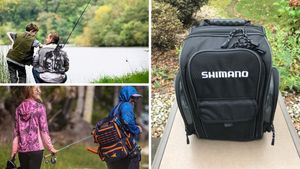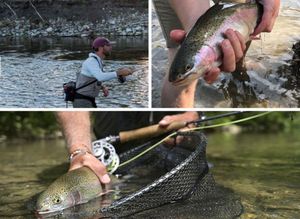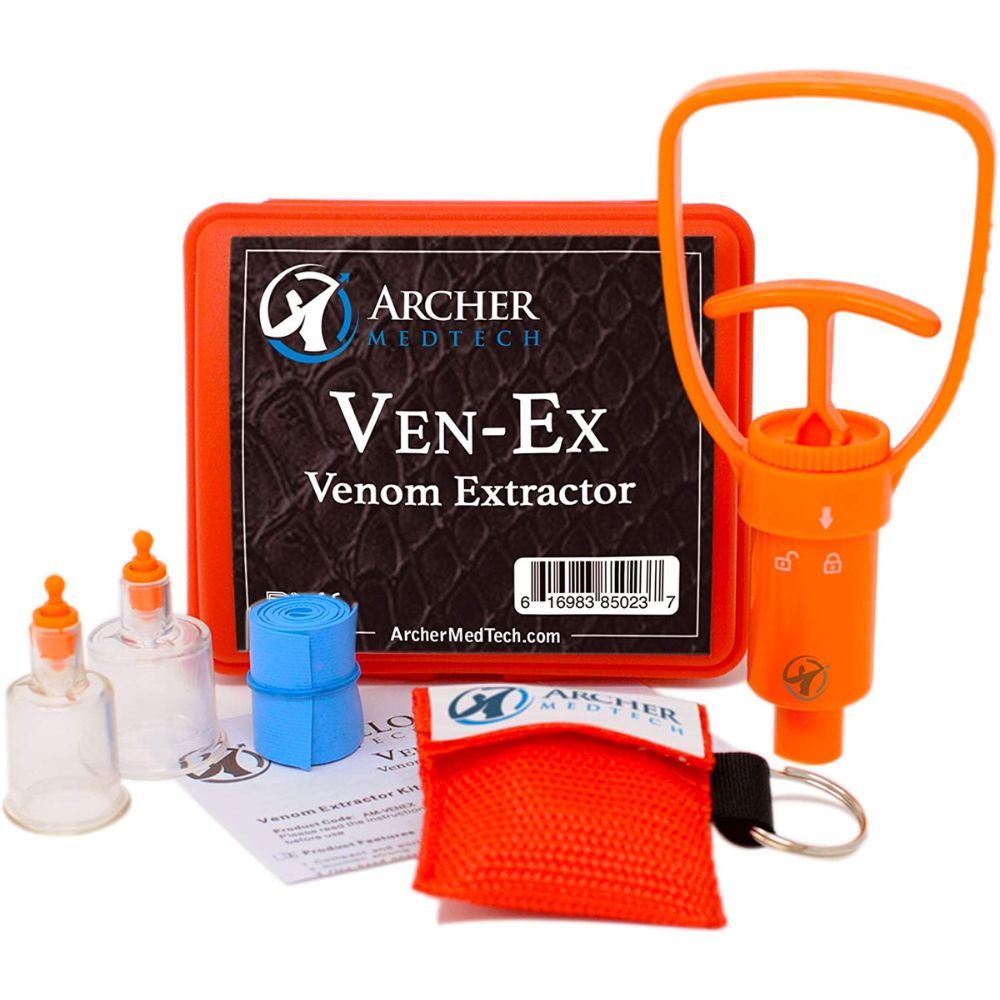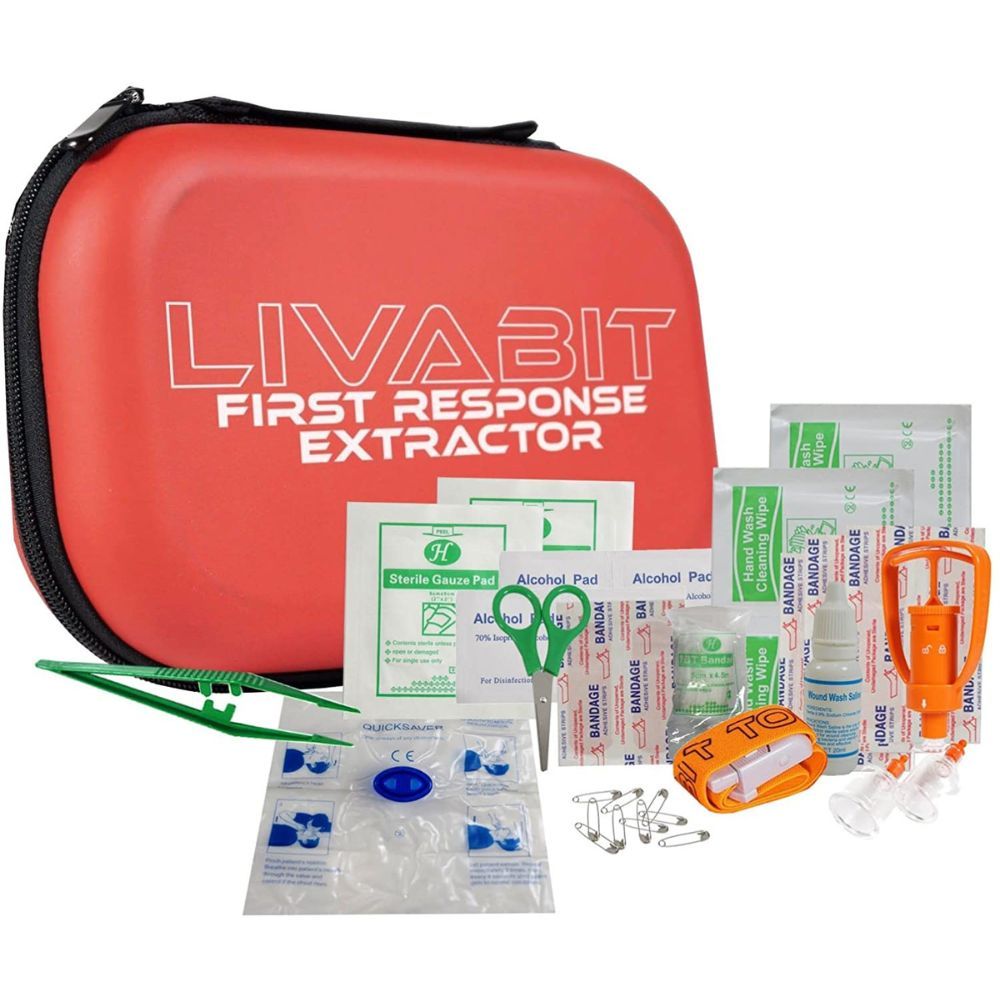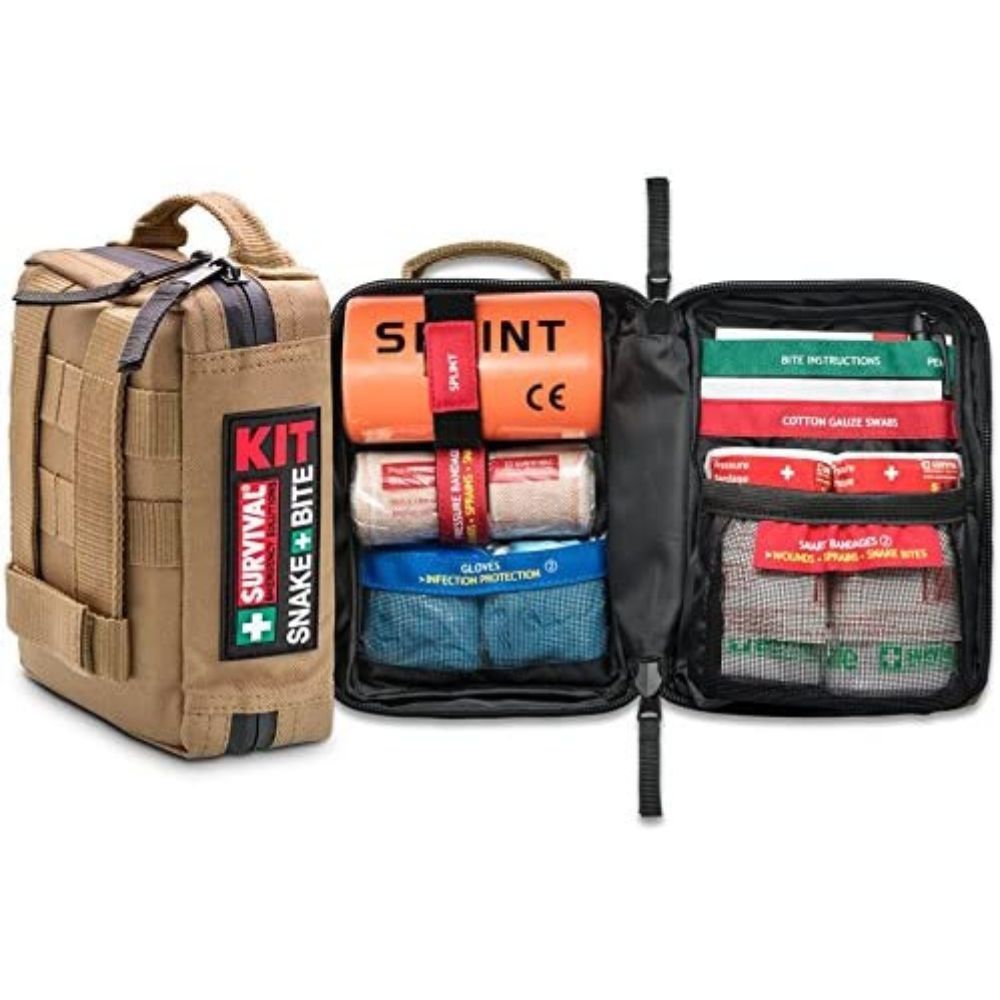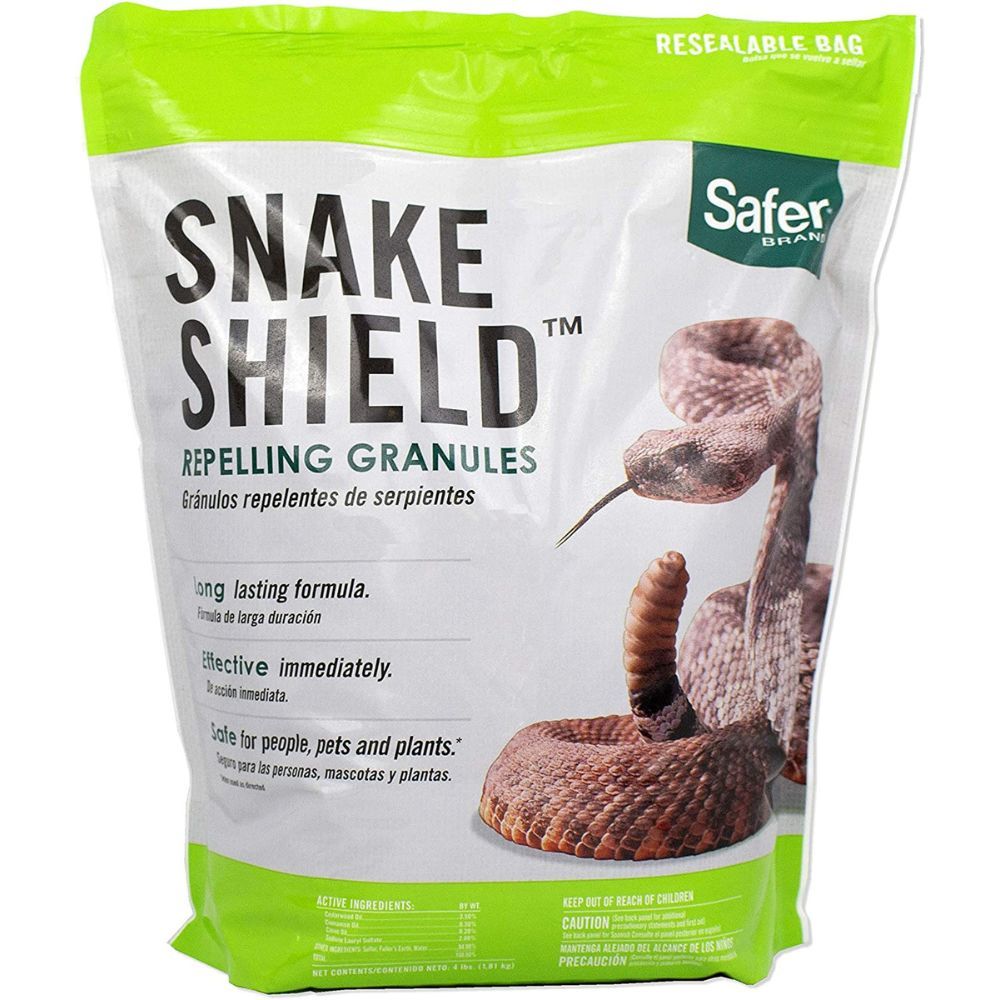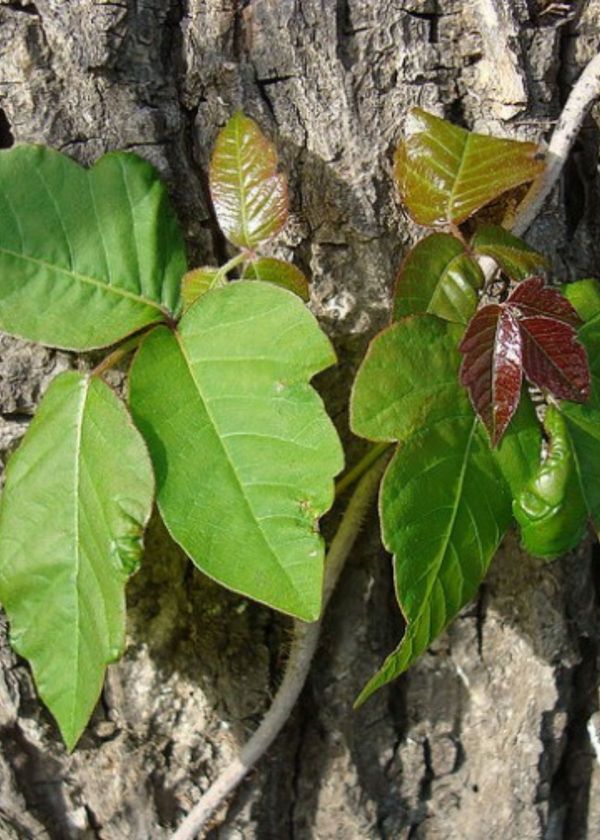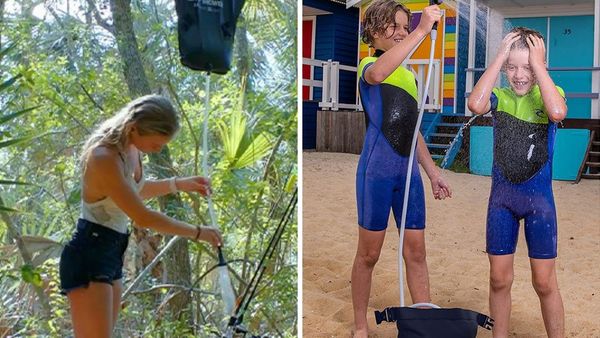Summer is a great time to go camping or hiking, but it's also a time when you're more likely to encounter snakes. Snakes are often attracted to campsites and hiking trails because of the rodents that live there. If you're not careful, you could end up being bitten by a snake. In this blog post, we will discuss how to avoid being bitten by a snake and what to do if you are bitten.
1. What to do if you see a snake
Few creatures evoke such strong reactions as snakes. Some people find them fascinating, while others find them terrifying.
However, it's important to remember that snakes are an important part of the ecosystem and play a vital role in controlling populations of rodents and other small animals.
If you encounter a snake, the best thing to do is to leave it alone. Snakes are generally shy creatures and will usually only bite if they feel threatened.
If you must handle a snake, always use extreme caution and wear thick gloves to protect your hands.
Remember that even non-venomous snakes can deliver painful bites.
If you are bitten by a snake, remain calm and call for medical assistance immediately. Try to keep the affected limb immobilized and avoid moving too much, as this will help to slow the spread of venom through your body.
With proper treatment, most snake bites are not fatal. However, it's always best to err on the side of caution when dealing with these intriguing creatures.
2. What to do if you are bitten by a snake
If you are lucky enough to never have encountered a snake, consider yourself fortunate. These creatures are not only fascinating but also beautiful in their own right.
Unfortunately, some snakes are also venomous, and a snake bite can be a life-threatening event.
If you are bitten by a snake, it is important to seek medical attention immediately. Even if you are unsure whether the snake is venomous, it is always better to err on the side of caution.
Once you are at the hospital, the staff will assess the situation and determine the best course of treatment.
In some cases, antivenom may be necessary to counteract the effects of the venom.
With prompt medical care, most people who are bitten by a snake will make a full recovery.
3. How to avoid being bitten by a snake
If you're lucky enough to live in an area where snakes are found, you might be wondering how to avoid being bitten by one.
The first thing to do is learn to identify the snakes that are most likely to bite, which include the pit vipers (rattlesnakes, copperheads, and water moccasins) and the coral snake.
If you see one of these snakes, it's important to stay calm and move away slowly.
If you're hiking in an area where snakes are known to live, wear long pants and avoid putting your hands or feet in places where you can't see them. It's also a good idea to carry a stick or hiking pole with you, as this can help ward off snakes.
Finally, if you are bitten by a snake, it's important to seek medical attention immediately.
By following these simple tips, you can minimize your chances of being bitten by a snake.
4. Tips for camping and hiking in areas where there are snakes
For many people, the thought of encountering a snake while camping or hiking is enough to keep them indoors.
However, with a few simple precautions, it is possible to enjoy the great outdoors without having to worry about snakes.
First, be sure to wear appropriate footwear. Snake bites are often the result of snakes being stepped on, so closed-toe shoes will help to protect you from this danger.
Second, avoid walking through tall grass and brush, as snakes often like to hide in these areas.
Third, make plenty of noise while you are walking, as this will help to scare off any snakes that may be in your path.
Finally, be sure to have a first-aid kit with you in case you do get bitten. By following these simple tips, you can camp and hike in peace – snake bites not required.
5. What to do with a dead snake
It's common to feel a little uneasy around snakes, but there's no need to panic if you find one on your property.
In most cases, the best course of action is to simply leave the snake alone. However, there are a few things you should do if you find a dead snake.
First, it's important to wear gloves when handling the snake, as they can carry harmful bacteria.
Second, be sure to dispose of the snake in a safe location, away from any areas where children or pets might come into contact with it.
Finally, it's a good idea to wash your hands thoroughly after coming into contact with the snake, just to be safe.
With a little knowledge and caution, you can safely deal with a dead snake without any cause for alarm.
In Conclusion:
While snake bites can be dangerous, there are simple steps you can take to keep yourself and your family safe.
Make sure you know what types of snakes live in your area and learn about their behavior.
Carry a flashlight and have a plan if you do encounter a snake while camping or hiking.
Most importantly, don’t panic! If you are bitten by a snake, remain calm and seek medical help as soon as possible. Tap the button below to check the price for the best camping lantern for your needs. Here are some simple products on Amazon that you might want to check out:

